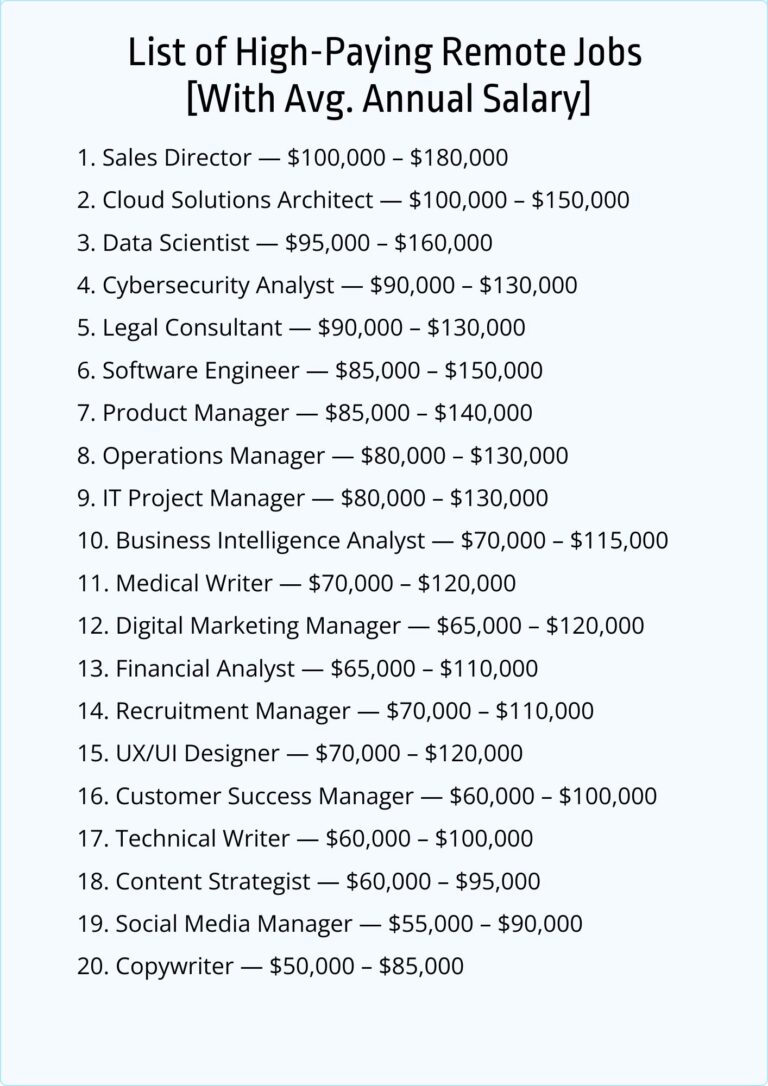How to Pivot Careers After 40: Embrace New Opportunities with Confidence
Changing careers after 40 might seem daunting, but it’s a growing trend that many professionals are embracing. Whether due to a desire for more fulfillment, better work-life balance, or the need to adapt to changing industries, a career pivot at this stage can be incredibly rewarding. In today’s fast-paced world, where job markets are constantly evolving, making a change later in life is not only possible, it can also open up new opportunities for personal and professional growth. This article will guide you through the steps to successfully pivot your career after 40, offering insights on how to plan, overcome challenges, and leverage your skills in a new direction.
Assess Your Current Skills and Transferable Strengths
Before diving into a new career, it’s important to take stock of your current skills and experiences. Start by identifying the transferable skills you’ve acquired in your previous roles. These might include leadership, communication, problem-solving, and project management skills, all of which are valuable in various industries. Understanding how these skills can be applied to new career paths will give you the confidence to pursue different opportunities. For example, if you’ve spent years in a management position, your leadership abilities can translate well into consulting, entrepreneurship, or non-profit work.
Research and Explore Industries That Align with Your Interests
The next step in your career pivot is research. Identify industries or job roles that align with your passions, values, and interests. At this stage in life, it’s important to find something that excites you and gives you a sense of purpose. You might consider emerging industries such as technology, healthcare, or sustainable energy, where opportunities are growing rapidly. You can also explore sectors like education, coaching, or content creation, which offer flexibility and creative potential. Taking time to research will allow you to target specific career paths that are both personally fulfilling and in demand.
Bridge the Gap with Education and Training
While your experience is invaluable, some career pivots may require additional education or certifications. Fortunately, you don’t need to go back to school full-time. Many adult learners find success with short-term courses, online certifications, and boot camps that are designed for working professionals. For instance, if you want to transition into a technology role, consider taking coding boot camps or digital marketing courses. These targeted learning experiences are cost-effective and efficient ways to gain new skills without the long commitment of a degree program. Online platforms like Coursera, LinkedIn Learning, and edX offer a wide range of courses that can help you make a smooth transition into a new field.
Network and Build Connections in Your New Industry
Networking plays a crucial role in any career transition, but it’s especially important when you’re pivoting to a new field. Attend industry events, both virtual and in-person, and connect with professionals who can provide guidance, mentorship, and job opportunities. LinkedIn is a great tool for building connections and engaging with industry groups. Don’t be afraid to reach out to others in your desired field, even if you don’t have an immediate job opportunity in mind. Many people are open to sharing advice and offering insights that can help you navigate your career pivot. Remember, networking is not just about finding jobs—it’s about learning and building relationships.
Stay Flexible and Embrace the Learning Process
Pivoting your career after 40 requires flexibility and patience. You may face challenges along the way, such as overcoming imposter syndrome or adjusting to a new work environment. However, maintaining a positive attitude and being open to learning will serve you well. Understand that the learning process takes time, and mistakes are a natural part of growth. Being willing to adapt, try new things, and stay persistent in the face of challenges will ultimately lead to success. As you gain experience in your new field, you’ll grow more confident in your ability to thrive in your new career.
FAQs
Q1: Is it too late to switch careers after 40?
No, it’s never too late to switch careers. Many people make successful career transitions after 40, and the experience you bring can be an asset in your new field.
Q2: How can I identify transferable skills from my previous career?
Start by reviewing your past roles and noting key skills such as leadership, problem-solving, or technical expertise. Think about how these skills can apply to your desired field.
Q3: Do I need a degree to pivot careers after 40?
A degree is not always necessary, but some career paths may require specific certifications or skills. Look into short-term training programs that can help you build the knowledge needed for your new career.
Q4: How can I gain experience in a new field if I don’t have direct experience?
Look for opportunities to gain experience through volunteer work, freelance projects, or internships. These can provide valuable hands-on experience and help you build your portfolio.
Q5: How can I maintain confidence during my career transition?
Staying positive, continuing to learn, and surrounding yourself with a supportive network will help you stay confident. Remember, your past experience is valuable and can help you succeed in your new career.


